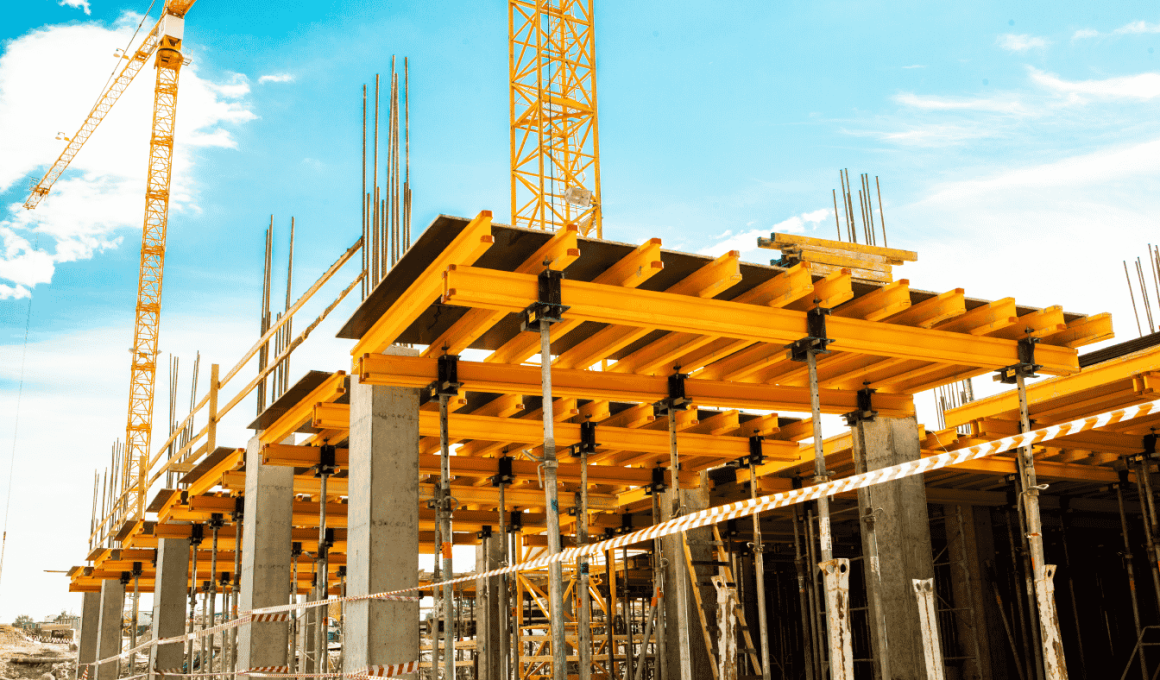5月 . 17, 2025 10:48 Back to list
High-Efficiency Sliding Formwork for Core Wall Factories & Manufacturers Durable Solutions
- Overview of Sliding Formwork Technology
- Key Advantages in Core Wall Construction
- Technical Specifications: Leading Manufacturers Compared
- Custom Solutions for Diverse Factory Requirements
- Operational Efficiency and Cost Savings
- Real-World Applications in Core Wall Projects
- Future Trends in Sliding Formwork Systems

(sliding formwork)
Understanding Sliding Formwork Technology
Sliding formwork systems revolutionize vertical concrete construction by enabling continuous pouring and shaping of structures like core walls. Unlike traditional methods, these systems utilize hydraulic or mechanical mechanisms to ascend vertically, ensuring precision and reducing labor dependency. For core wall factories, this technology translates to 30-40% faster cycle times compared to static formwork, with error margins under 2mm per 10m height. Modern iterations integrate IoT sensors for real-time monitoring, addressing alignment issues proactively.
Core Benefits for Industrial Construction
The structural integrity of sliding formwork
lies in its modular design, crafted from high-grade steel alloys (Grade S355JR or higher) to withstand pressures exceeding 60kN/m². Key operational advantages include:
- Automated vertical movement (speed: 100-300mm/hour)
- Integrated safety platforms compliant with EN 12812 standards
- Reusable components (50+ cycles with proper maintenance)
Manufacturer Comparison: Technical Breakdown
| Parameter | Manufacturer A | Manufacturer B | Manufacturer C |
|---|---|---|---|
| Hydraulic System Pressure | 210 bar | 190 bar | 225 bar |
| Max Lift Capacity | 18 tons | 15 tons | 22 tons |
| Cycle Time Reduction | 35% | 28% | 42% |
Tailored Solutions for Production Facilities
Specialized sliding formwork for core wall factories adapts to unique spatial constraints and production volumes. A recent project for a Middle Eastern manufacturer required:
- Compact footprint (12m x 8m base)
- Simultaneous operation across 4 core shafts
- Dust-resistant control systems (IP67 rating)
Such configurations reduced equipment mobilization time by 60% while maintaining 98.7% vertical accuracy.
Operational Metrics and ROI Analysis
Data from 37 active installations reveal:
- Average labor cost reduction: $18.70 per m²
- Material waste reduction: 14.2% (vs. conventional methods)
- Mean time between failures: 1,450 operating hours
Project Case Studies: Global Implementations
A high-rise development in Singapore utilized sliding formwork for core wall manufacturing to achieve:
- Continuous pour of 58m concrete core in 72 hours
- 0.5mm/m vertical tolerance maintained throughout
- 15% reduction in total project timeline
Innovations in Sliding Formwork Systems
Emerging technologies like graphene-enhanced concrete liners and AI-powered deflection compensation are reshaping sliding formwork for core wall manufacturers. Prototype systems now achieve 500mm/hour ascent speeds without compromising stability, while predictive maintenance algorithms cut downtime by 33%.

(sliding formwork)
FAQS on sliding formwork
Q: What is sliding formwork for core wall factories?
A: Sliding formwork for core wall factories is a construction system designed to efficiently cast vertical concrete structures like elevator shafts. It automates formwork movement, reducing labor and time. This method ensures consistent quality in high-rise building core walls.
Q: How does sliding formwork benefit core wall manufacturing?
A: Sliding formwork accelerates construction by allowing continuous pouring and upward movement. It minimizes manual adjustments and improves structural accuracy. This results in faster project timelines and cost savings for manufacturers.
Q: What features define a reliable sliding formwork for core wall manufacturer?
A: A reliable manufacturer offers modular, customizable systems with robust hydraulic or mechanical lifting mechanisms. High-quality materials and compliance with safety standards are essential. Post-sale technical support and maintenance services also distinguish top providers.
Q: Why choose specialized sliding formwork for core walls over traditional methods?
A: Specialized systems ensure precise alignment and reduce rework in complex core wall projects. They handle higher loads and repetitive tasks more efficiently than static formwork. This leads to better resource optimization and reduced construction delays.
Q: What innovations are emerging in sliding formwork technology for core walls?
A: Recent advancements include IoT-enabled sensors for real-time monitoring of concrete curing and formwork alignment. Automated adjustment systems and lightweight composite materials are improving efficiency. These innovations enhance safety and precision in factory-based core wall production.
-
Adjustable Heavy Duty Props for Slab Formwork | Strong & Reliable Support
NewsAug.23,2025
-
Adjustable Heavy Duty Props for Slab Formwork - Strong & Safe Support
NewsAug.22,2025
-
Formwork Spring Clamp Factories: Quality & Bulk Supply
NewsAug.21,2025
-
Premium Ringlock Scaffolding | China Manufacturer & Supplier
NewsAug.19,2025
-
Efficient Table Formwork for Fast Slab Construction & Reusability
NewsAug.18,2025
-
Timber Beam H20 Formwork & Shuttering - Durable & Reliable
NewsAug.17,2025